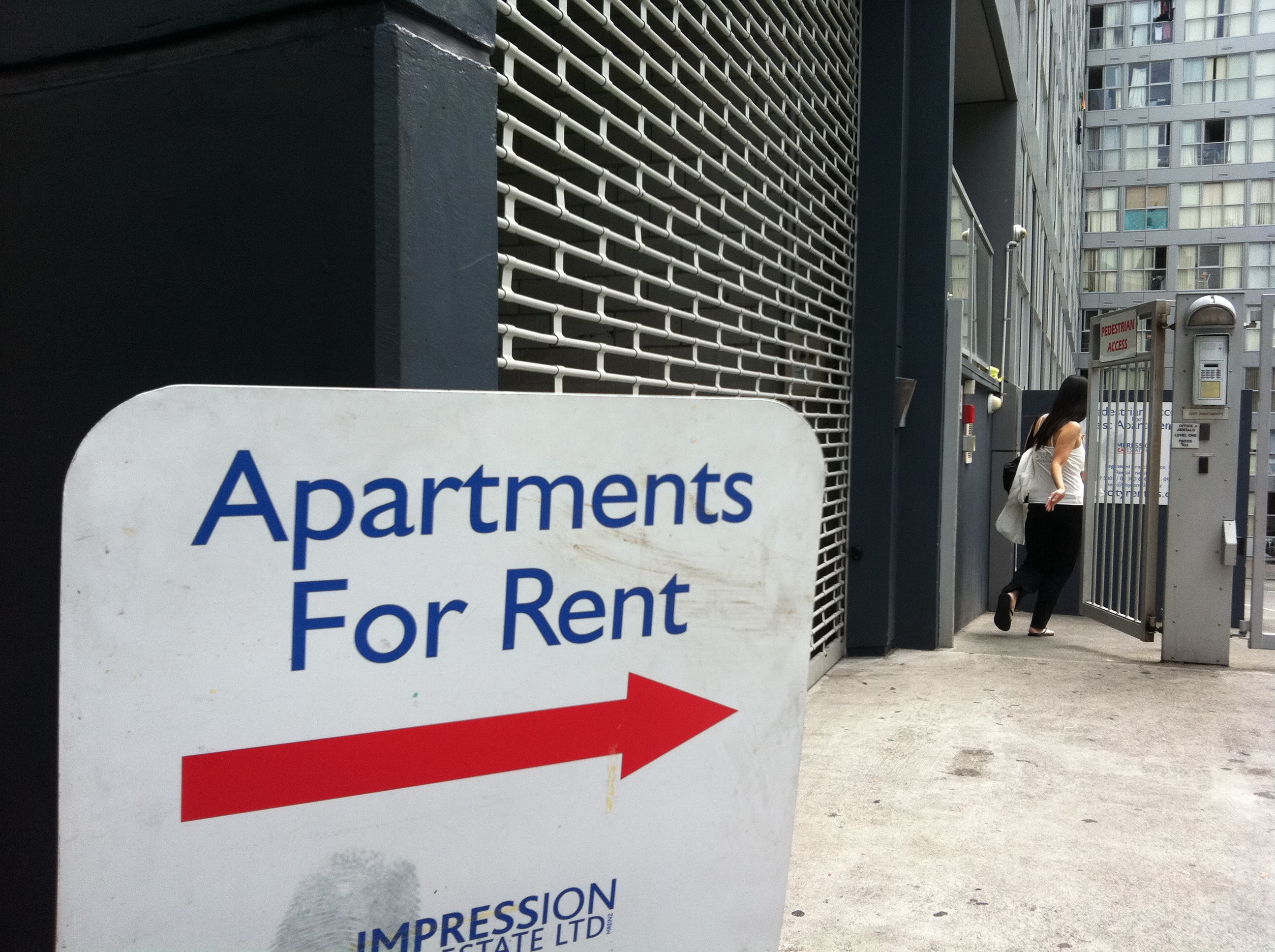A report on foreign ownership of rental property, compiled last year from IRD statistics, was released by Housing Minister Nick Smith today.
He said that figure was low by international standards.
Foreign ownership of property is shaping up to become an election issue but the Government has said there is not enough data to show that there is a problem.
The IRD data shows the number of non-residents who are reporting incomes or losses on rental properties, including ex-pat New Zealanders living overseas.
Of the 199,000 taxpayers who reported rental tax returns, 11% were non-residents. Another 1% were of unknown residency.
The non-resident category has been rising more quickly than the resident category since 1997 but that could be due to increased identification of the residency status of the taxpayers. The unknown category had declined significantly.
The report given to Smith said the Reserve Bank undertook a review of available data in 2007 and found that the level of foreign ownership was likely to be a lot less than 5% of all New Zealand residential property.
It said that data from the IRD and the BNZ/REINZ survey of real estate agents had been looked at to provide a comparison to that 2007 study and it did not suggest a major change. “The BNZ/REINZ survey published in May [2013] estimated that 3.6% of dwellings sold were to buyers who were not planning to live in New Zealand. However, given the limitations of the data it is difficult to assess the extent to which foreign ownership rates are changing over time.”
The report said that statements about Asian property owners “buying up large” probably said more about the changing ethnic mix of Auckland than about foreign ownership.




 Search
Search
